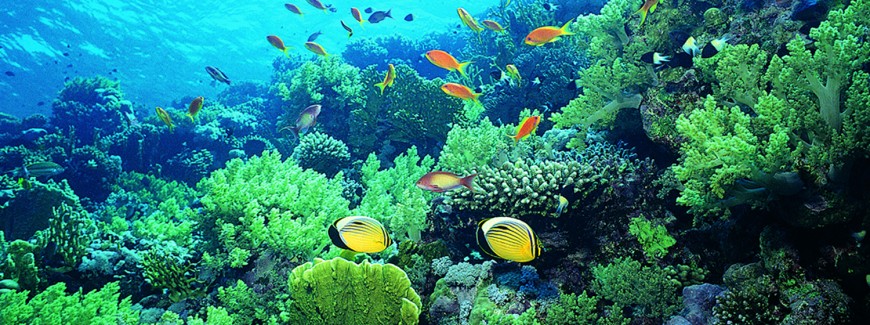Factsheet
Oceans are Vital to Our Existence
Healthy oceans and productive fisheries are critical for the future of our planet, the survival of our species, and the prosperity of our country.
Consider this:
- Globally, humans consume 162.5 million tonnes (358 billion pounds) of seafood per year.
- In the United States, commercial and recreational saltwater fishing generate more than $321 billion in sales annually and support 2.5 million jobs.
Our Oceans Face Many Threats
From pollution, to increasing acidification, to warming water temperatures, our oceans are becoming progressively out of balance. Scientists are learning more about the effects of global climate change on ocean ecosystems, and fishermen are seeing these impacts on the water every day. Marine scientists also routinely assess overfishing as significant threat to ocean health.
Fishing without appropriate management can create significant problems for our oceans. Catch limits that are too high or nonexistent can lead to declining – or even collapsing – fish populations. Some types of fishing gear can destroy crucial habitat juvenile fish use to hide from predators in order to survive. Other gear increases the likelihood that untargeted wildlife, including endangered turtles and seabirds, inadvertently get caught and die on lines or in nets.
All Fish Play Important Roles in Our Ocean Ecosystems
Top predators, such as sharks, tuna, and swordfish keep natural systems in balance, while smaller “forage” fish such as sardines, herring, anchovy, mackerel, or menhaden, provide energy as prey that gets transmitted throughout the food web. Although fishing affects the entire ocean ecosystem, conservation-based management of ocean fisheries will help natural systems stay healthy and in balance.
We Need Good Fisheries Management to Ensure Healthy Ocean Ecosystems
The good news is that we can keep on fishing as long as we responsibly manage this natural resource. The Network’s goal is to foster vibrant ocean ecosystems that ensure the long-term health of U.S. fisheries. In order to achieve this, fishery management decisions should consider the needs of other wildlife that rely on the targeted fish as prey. Managers must also rely on best available scientific recommendations to determine how many top predators are safe to remove without creating a ripple effect throughout the food web. We must also significantly reduce bycatch of untargeted species and harmful fishing practices that damage essential habitat for fish and other ocean wildlife.


